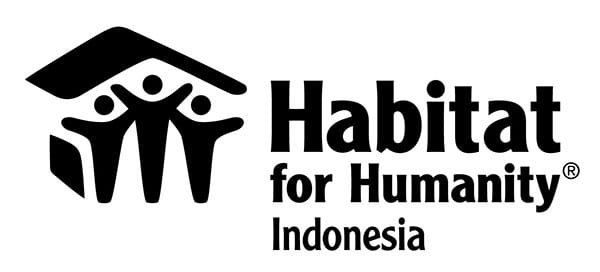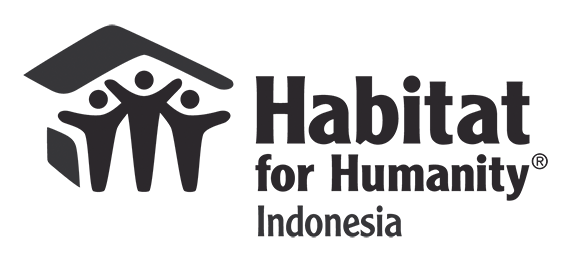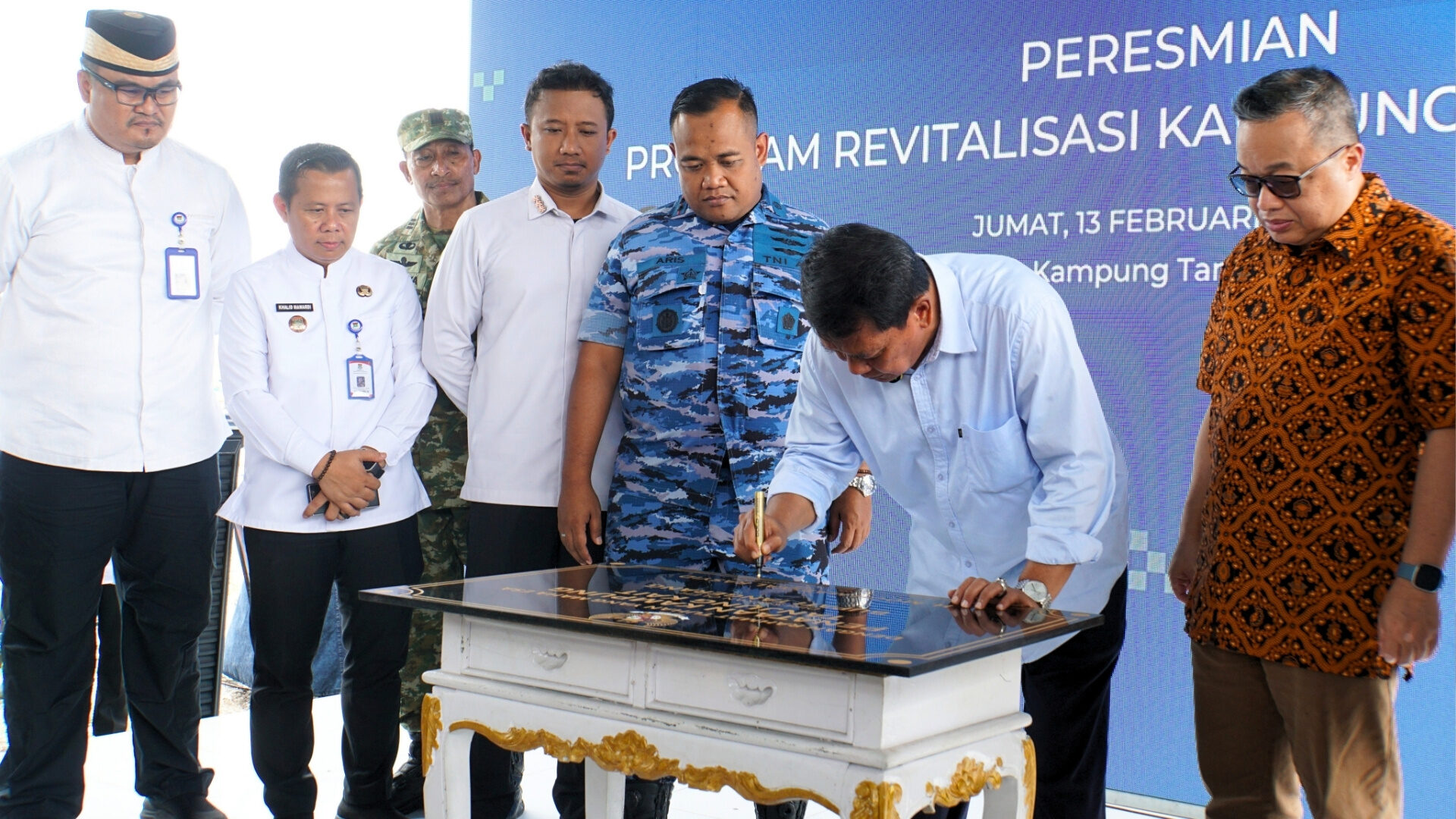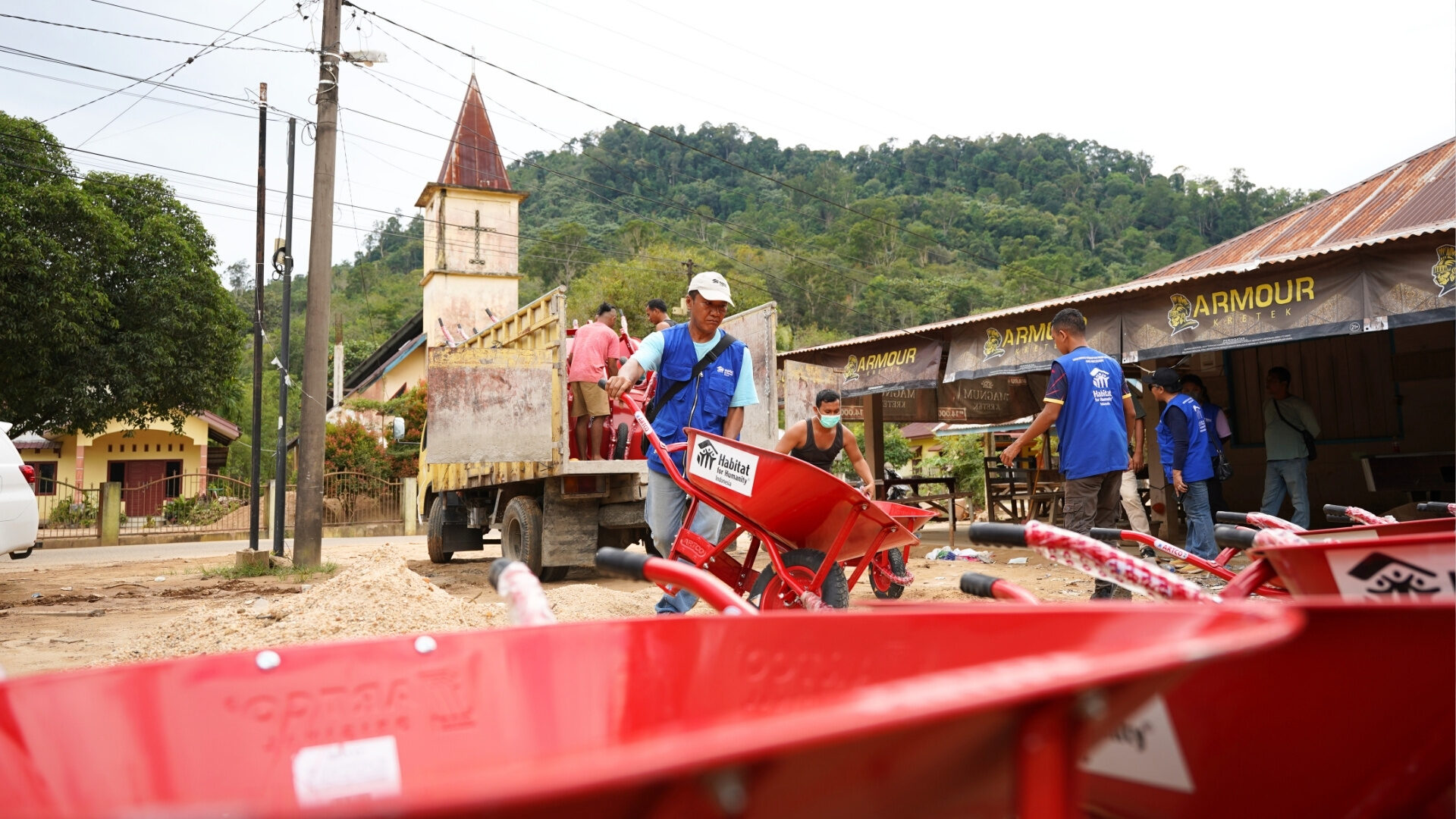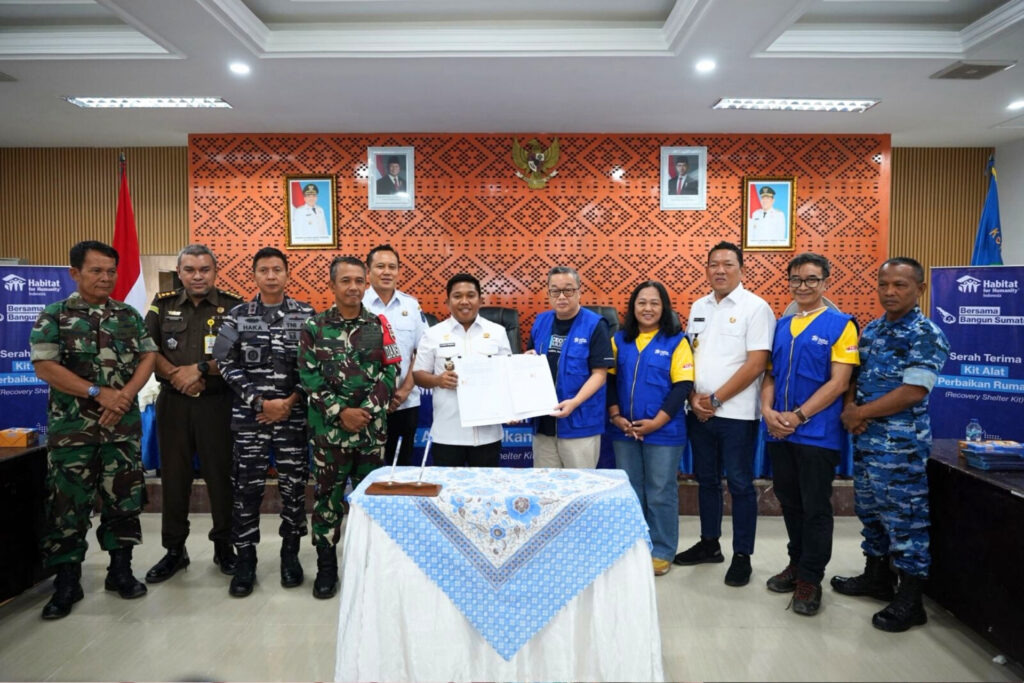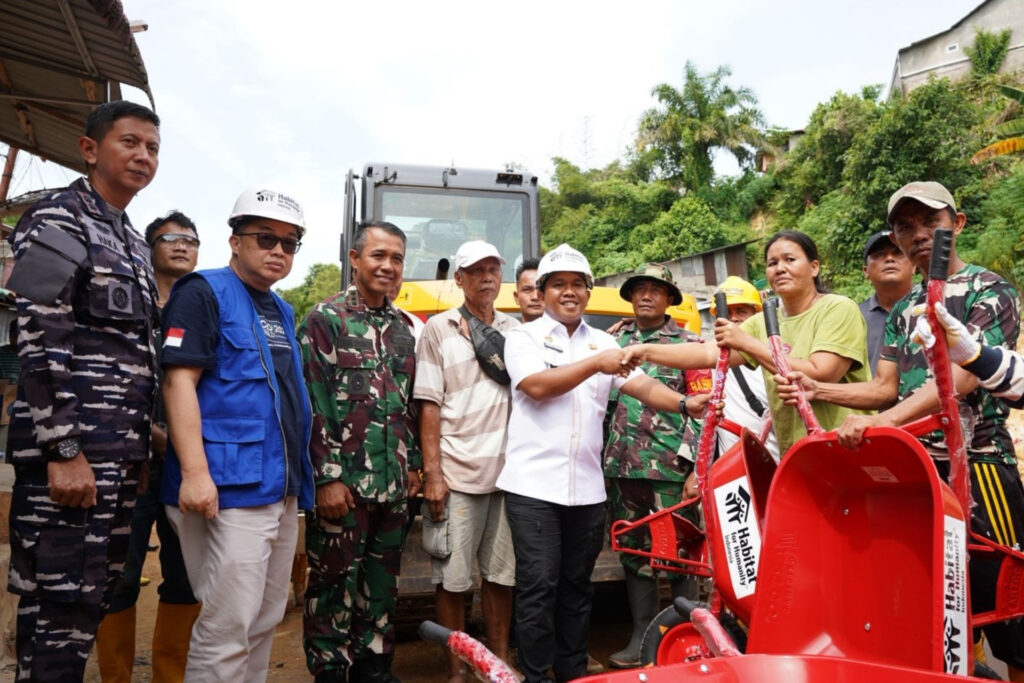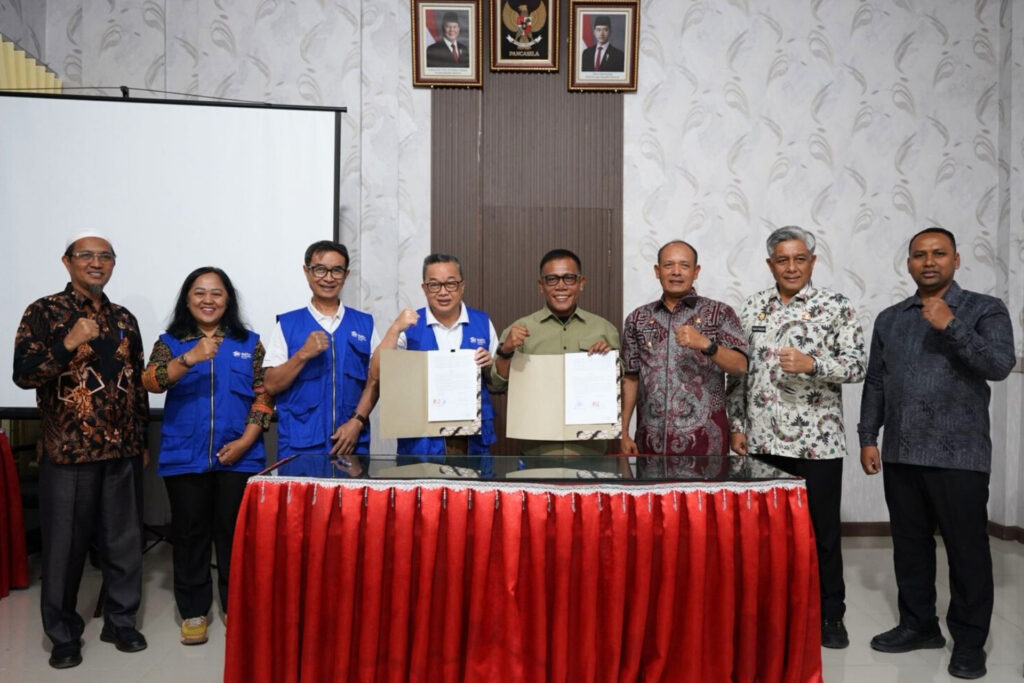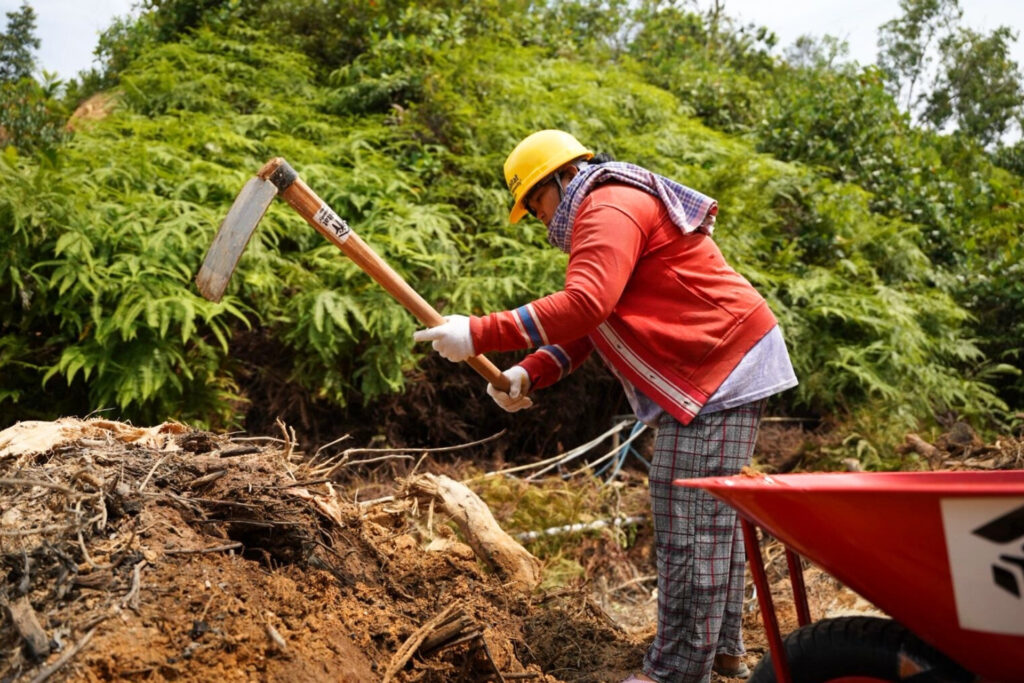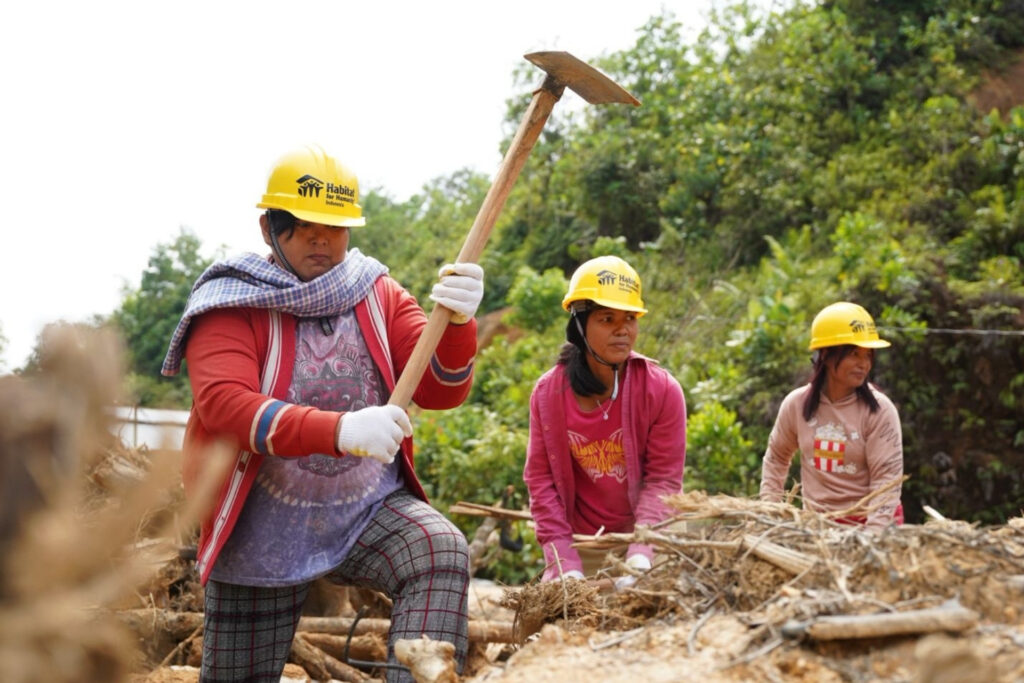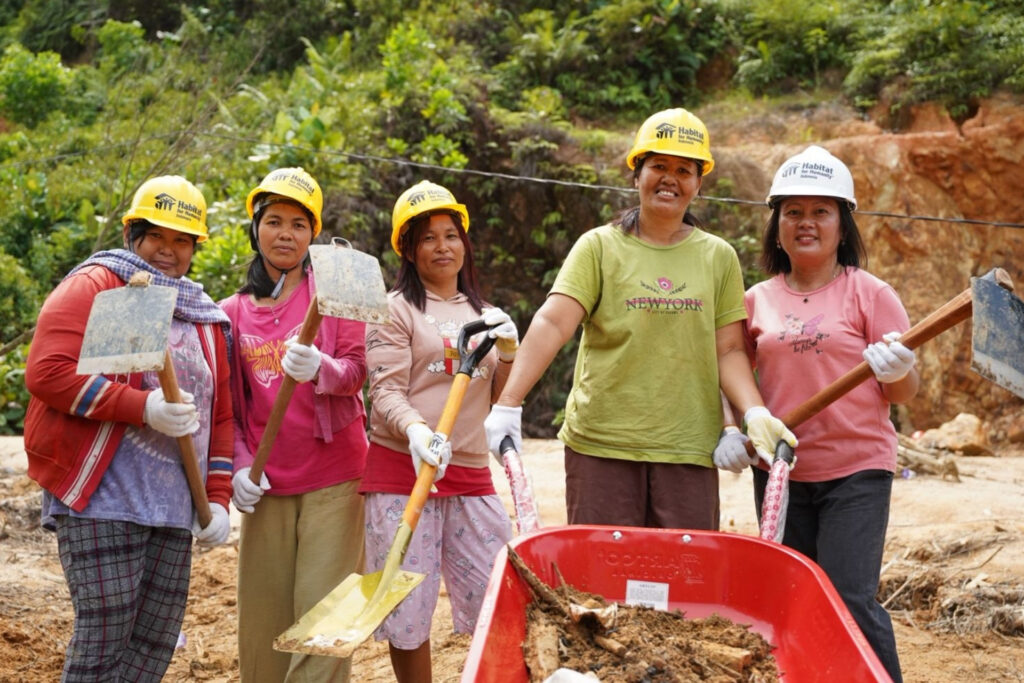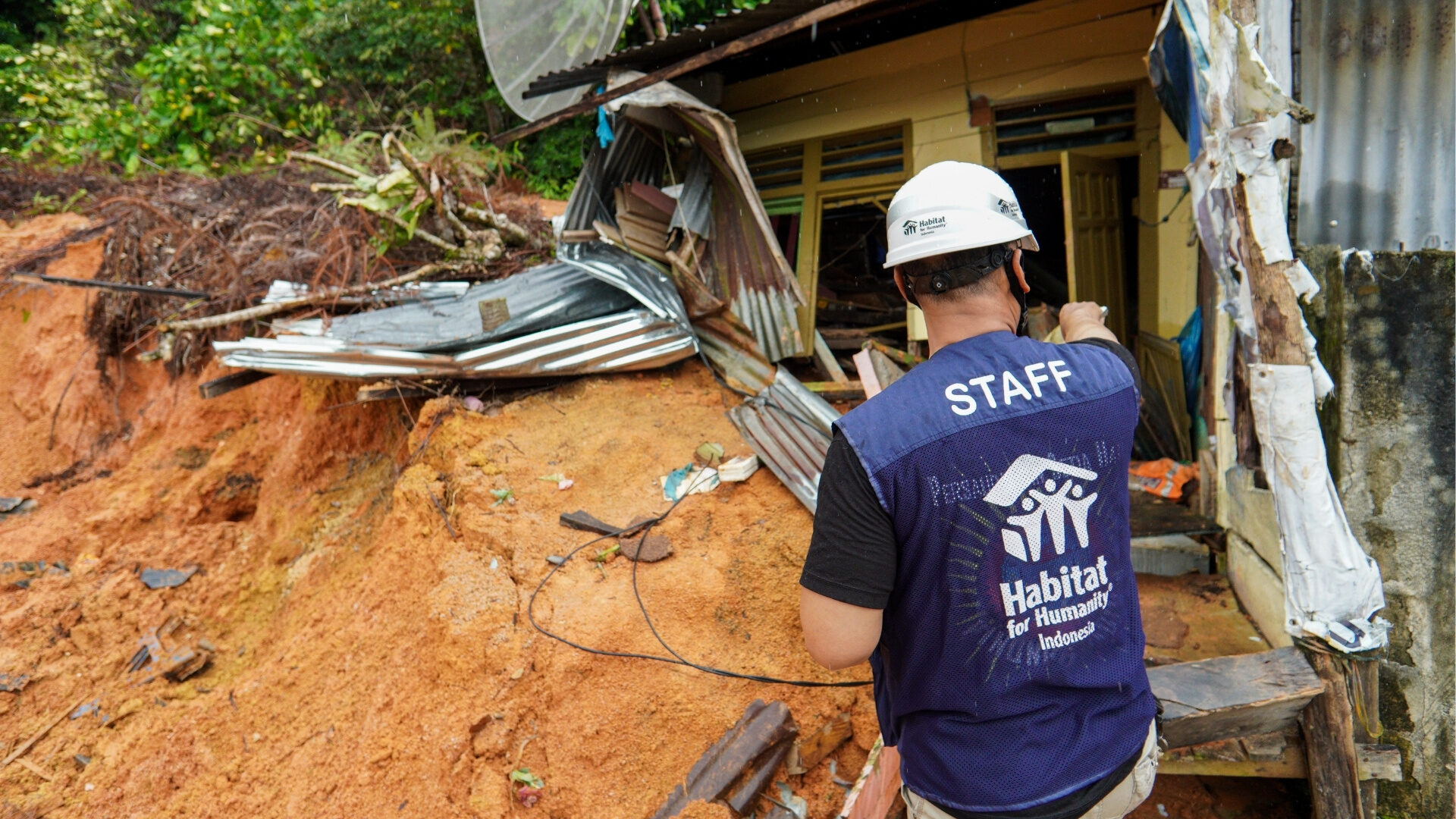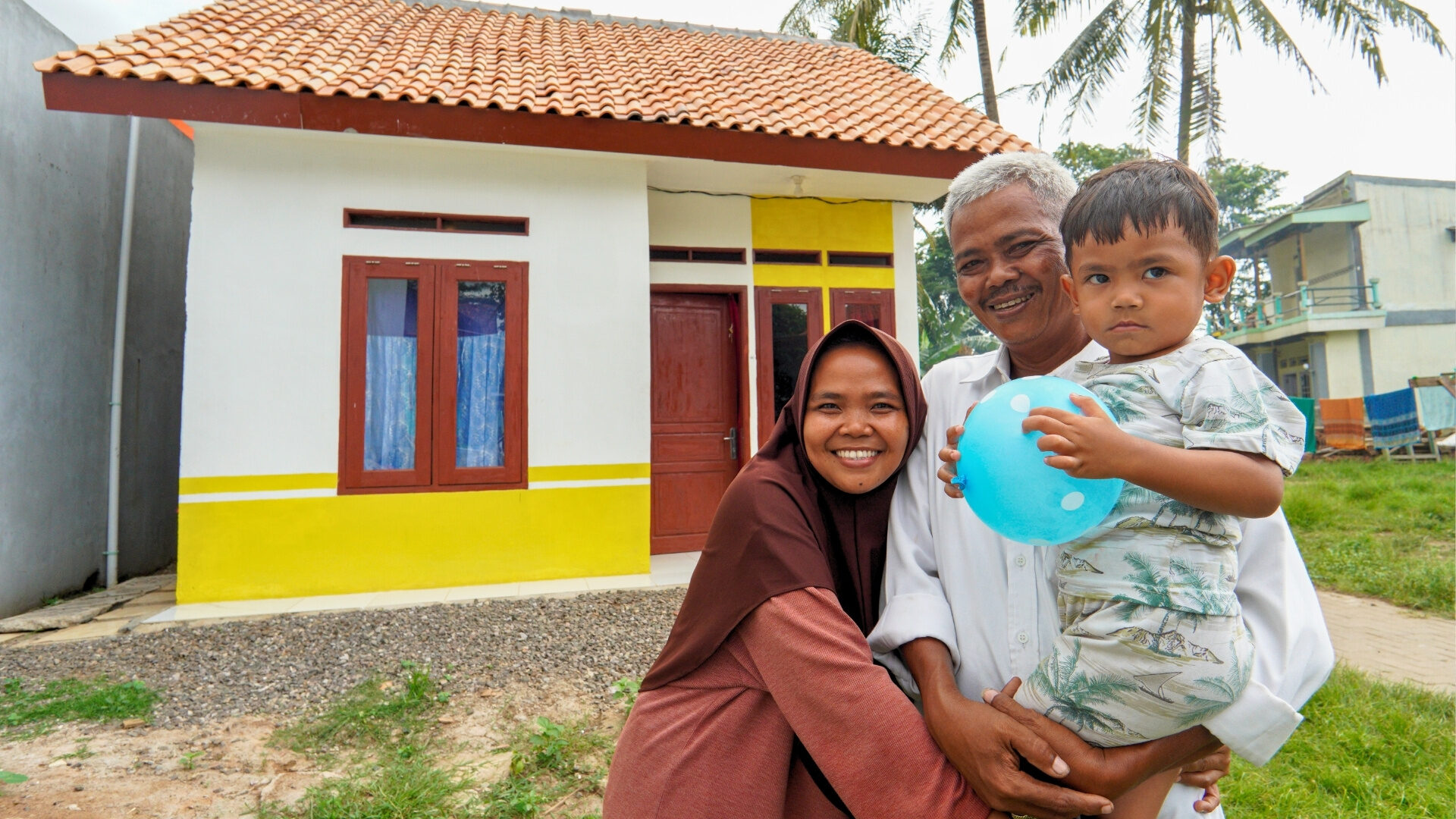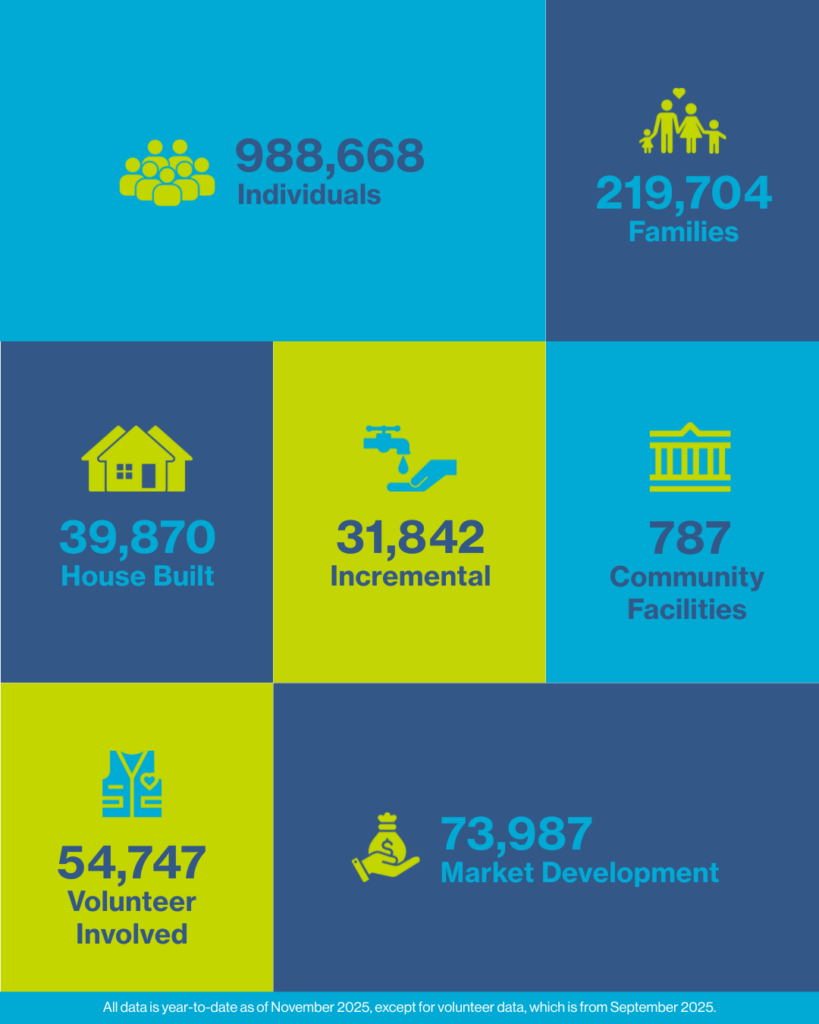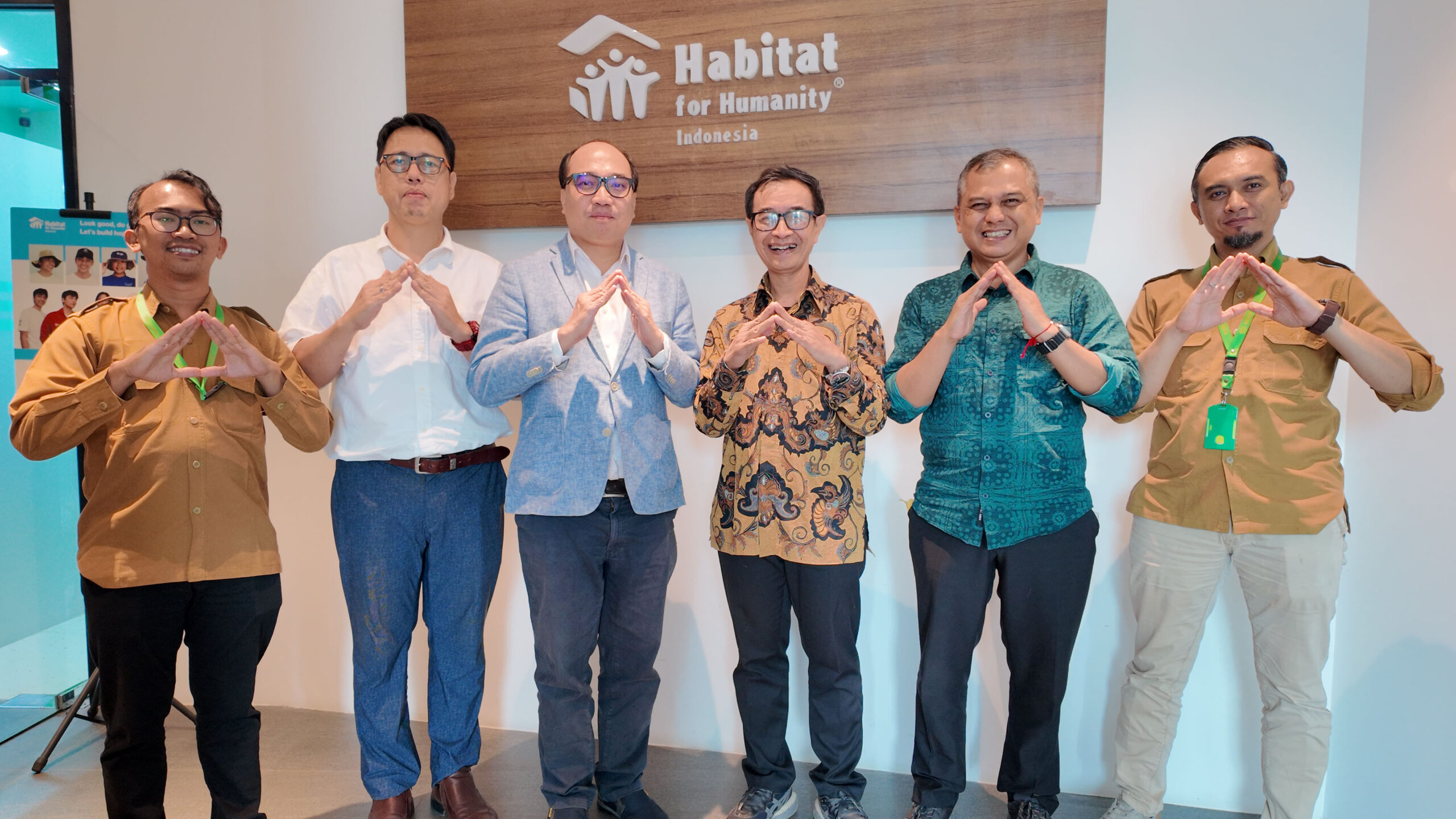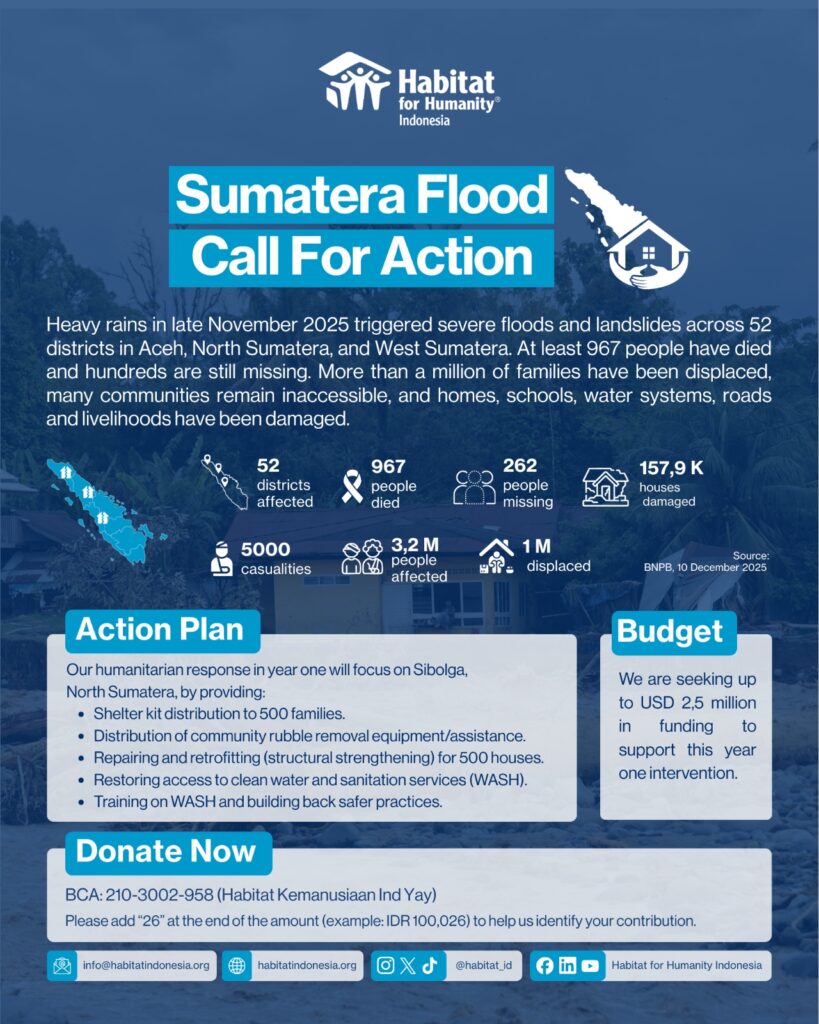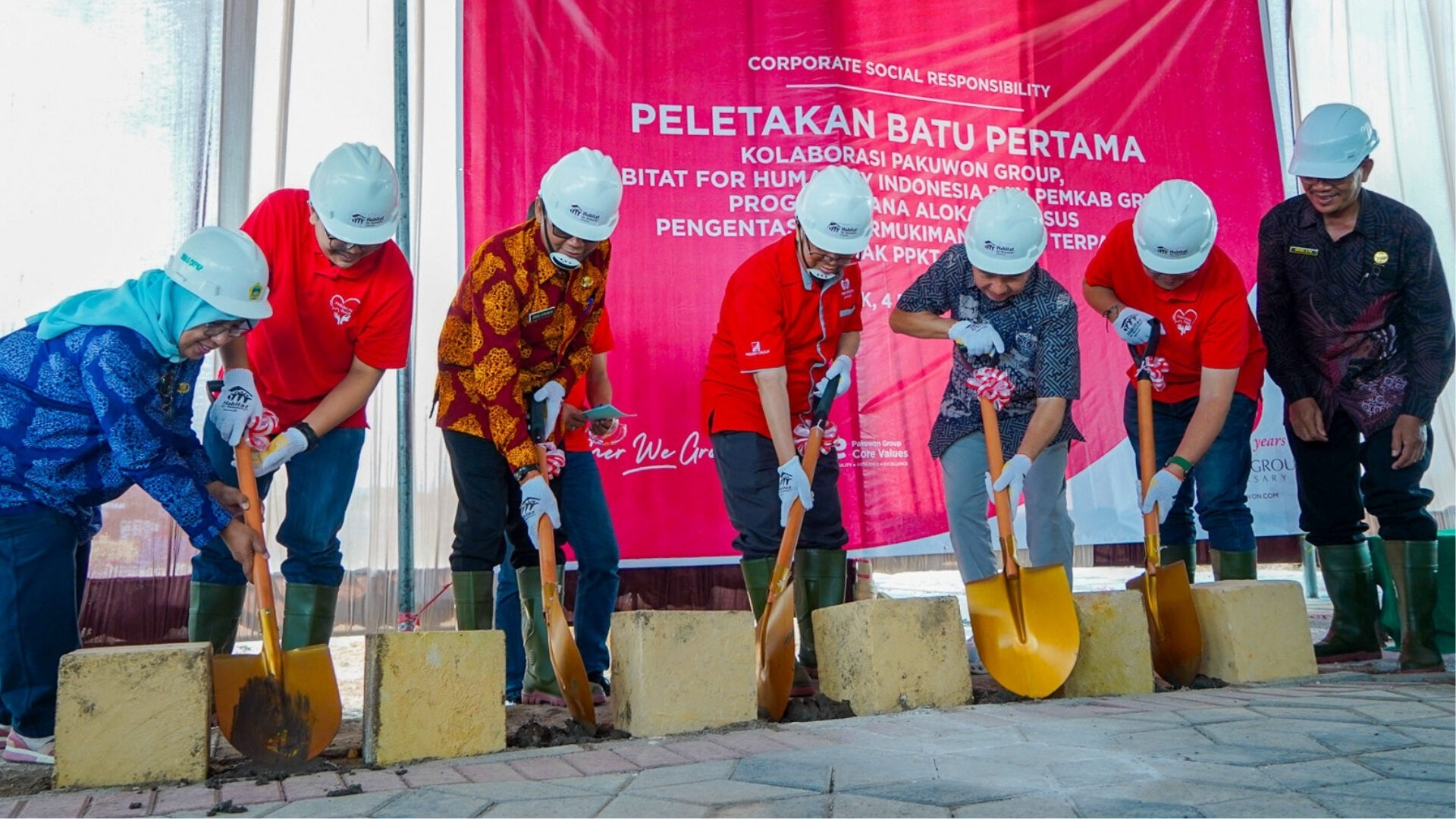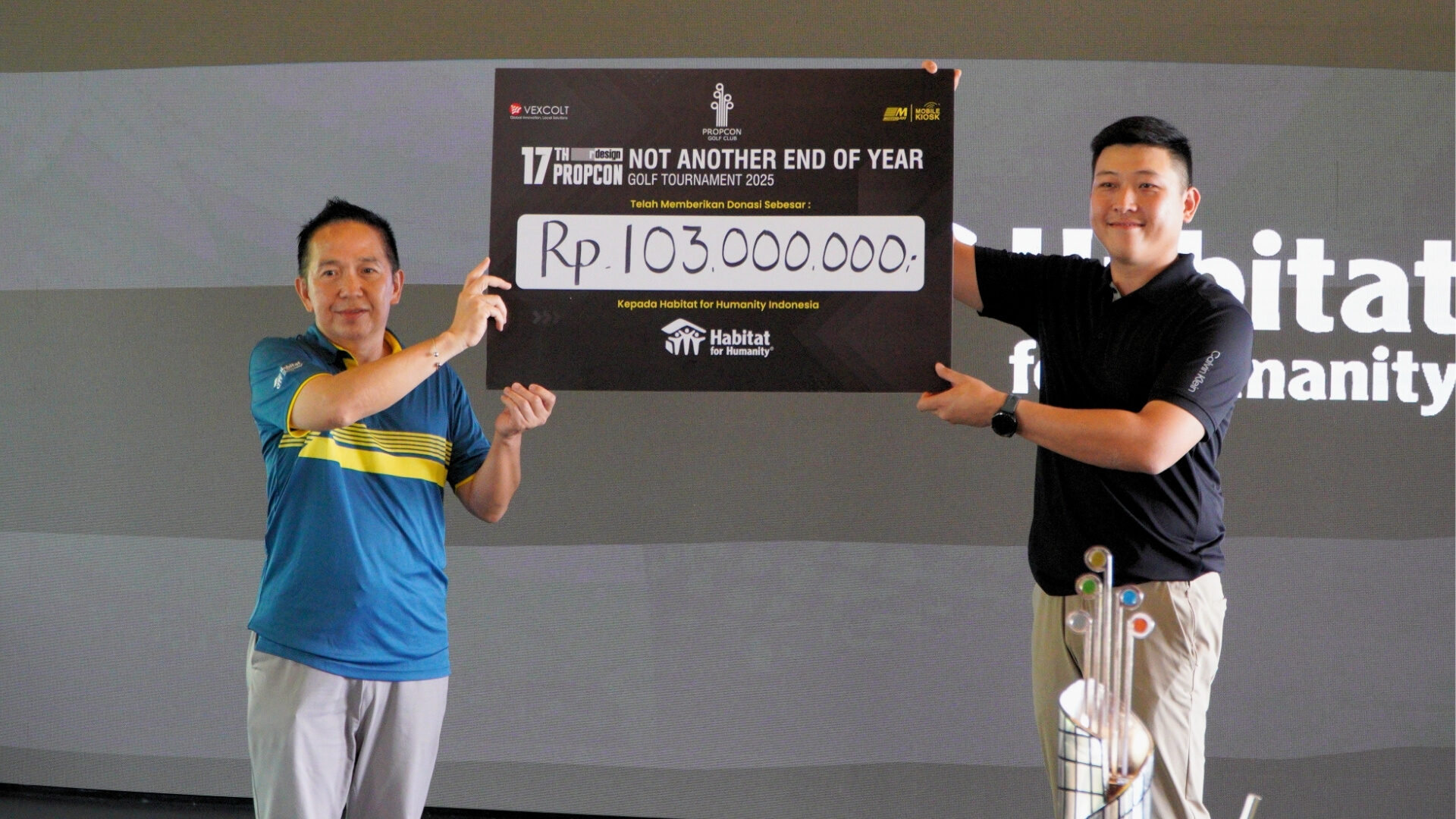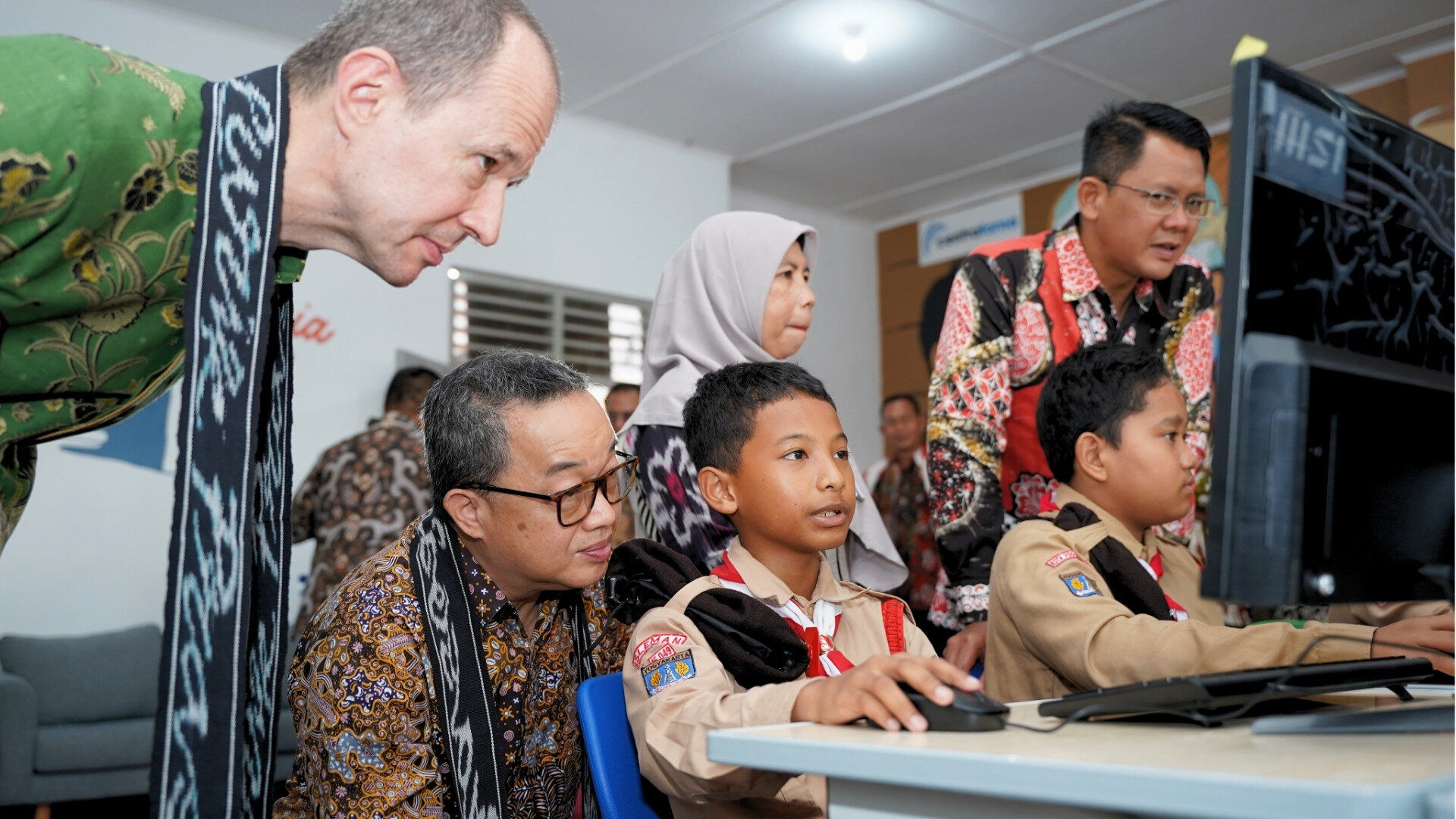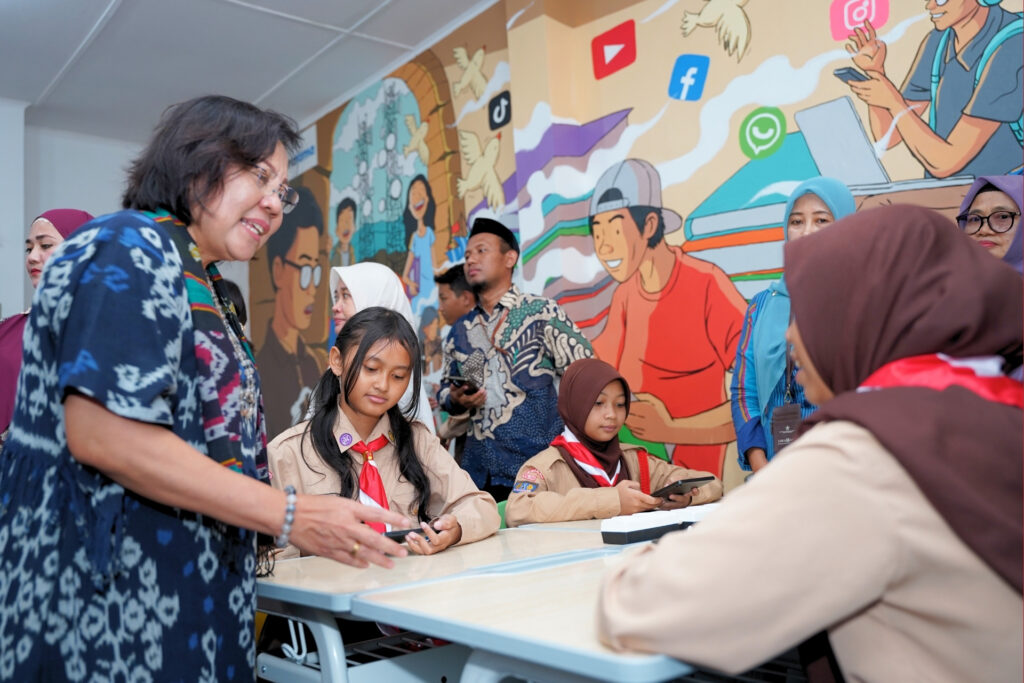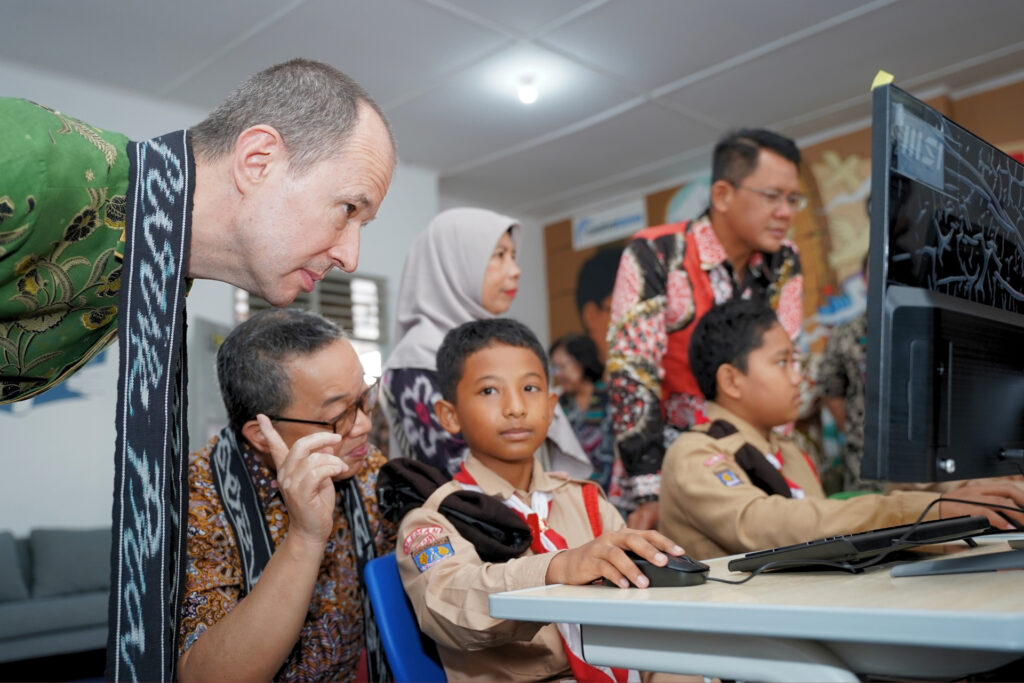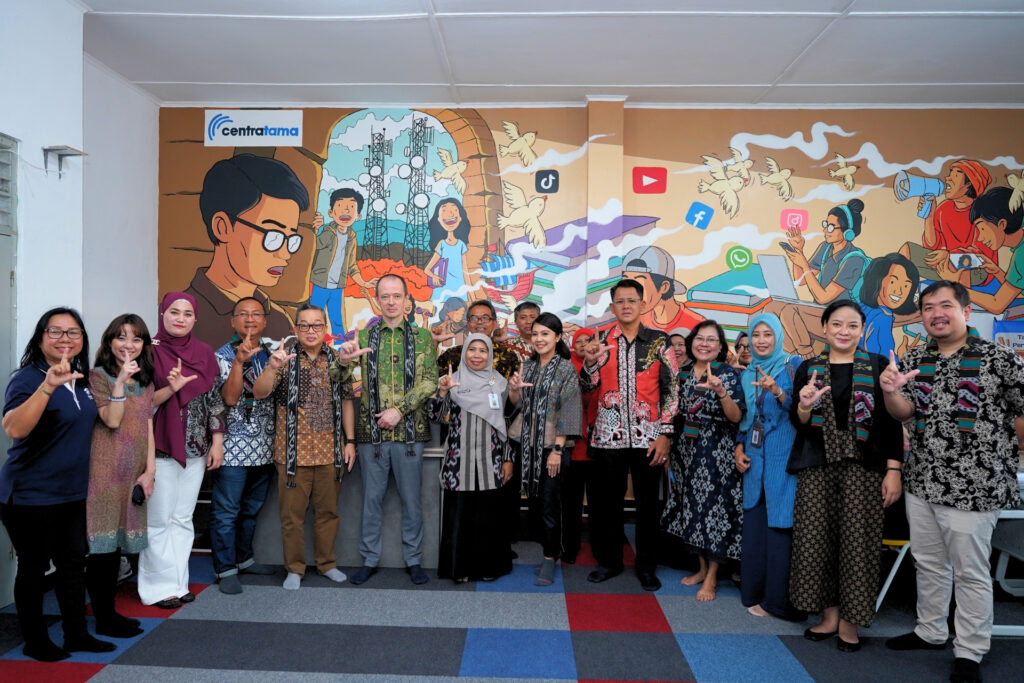Habitat for Humanity Indonesia and Tangerang Regency Government Inaugurate Tanjung Kait Revitalization for Coastal Communities
Tangerang, February 13, 2026 – Habitat for Humanity Indonesia, together with the Tangerang Regency Government and the Ministry of Housing and Settlement Areas (PKP), officially held the Handover Ceremony of the Tanjung Kait Revitalization Program in Kampung Tanjung Kait, Tanjung Anom Village, Mauk District, on Friday (February 13). The event was inaugurated by Handoko Ngadiman, National Director of Habitat for Humanity Indonesia; Drs. Moch. Maesyal Rasyid, M.Si., Regent of Tangerang Regency; and representatives from the Ministry of Housing and Settlement Areas.
The Tanjung Kait Revitalization Program is a multi-stakeholder collaborative initiative aimed at improving the quality of life of coastal communities, particularly low-income fishing families, through the provision of adequate housing, access to secure land tenure, and the development of basic infrastructure that supports healthier and safer living conditions. The program reaches approximately 110 families who previously lived in substandard housing with limited access to clean water, sanitation, and other essential facilities.
Through this program, residents not only receive decent and safer homes designed to withstand coastal environmental risks, but also gain greater security of land tenure through a financing scheme facilitated jointly with partners, along with support throughout the construction process. The area development is complemented by supporting infrastructure such as neighborhood roads, drainage systems, clean water networks, public facilities, and communal spaces that promote healthier and more productive community life.
Since its launch in 2021 using a participatory approach involving residents, local government, Koperasi Mitra Dhuafa (Komida), Selavip, PT Lautan Luas Tbk, BMI Monier, PT Avia Avian Tbk, PT Solusi Bangun Indonesia Tbk, and PT Prudential Life Assurance, the revitalization has become a symbol of transformation—turning what was once considered a slum coastal area into an organized, safe, and sustainable residential community. The program also forms part of a long-term effort to ensure that residents have access to decent housing while improving their social and economic well-being.



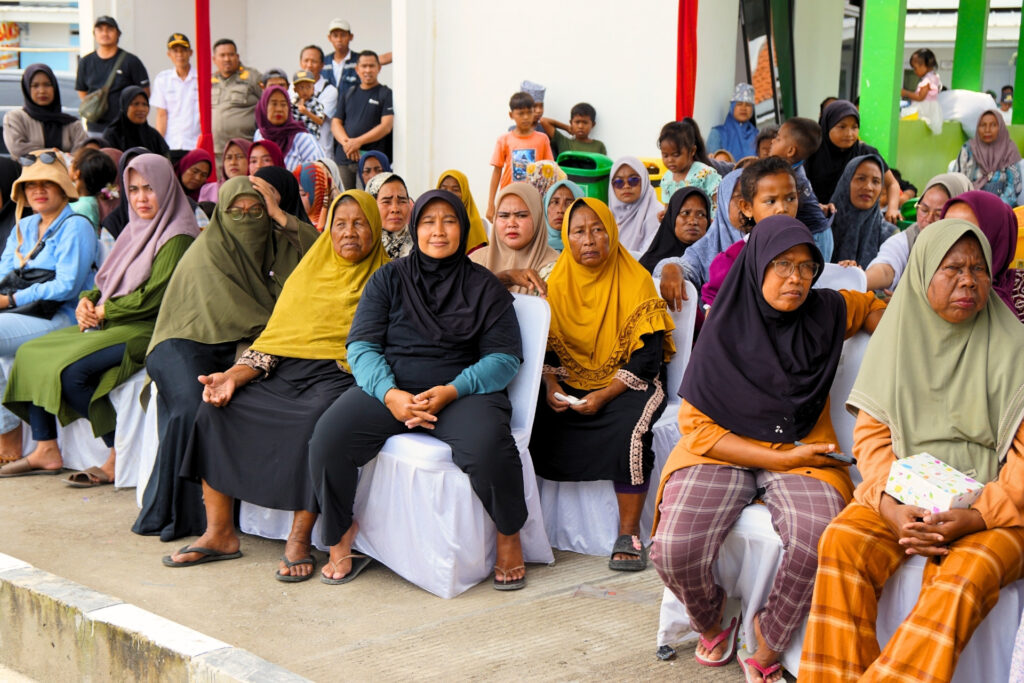
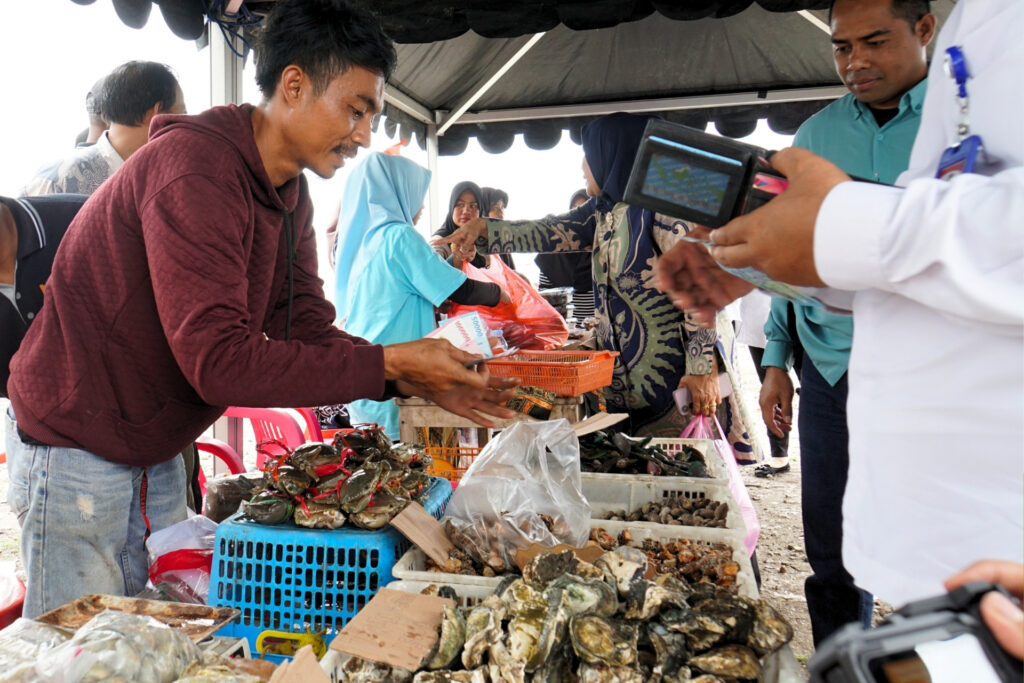
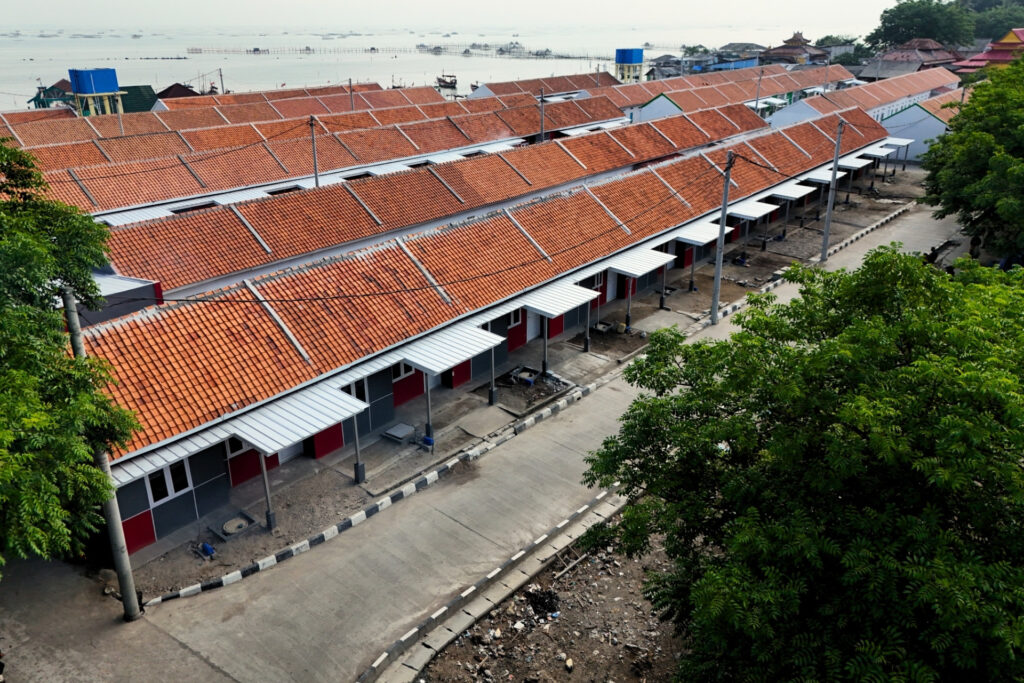
Read also: The Spirit of a Strong Woman Behind the Revitalization of Tanjung Kait Village
Handoko Ngadiman, National Director of Habitat for Humanity Indonesia, stated that the program is rooted in the needs of the community.
“Seeing families in Tanjung Kait now living in safe homes with secure tenure brings us great joy. We hope this revitalization serves as a strong foundation for the Tanjung Kait community to continue progressing toward a better future. With a healthier environment and improved access to infrastructure, we believe this positive transformation will bring a renewed sense of safety and dignity to every beneficiary family. We would also like to express our sincere appreciation to all partners who have actively contributed to this revitalization,” said Handoko Ngadiman.
The Regent of Tangerang Regency, Drs. Moch. Maesyal Rasyid, M.Si., reaffirmed the local government’s commitment to improving the quality of life of coastal communities, particularly fishermen who play an essential role in the regional economy. This revitalization aligns with the region’s vision for sustainable and inclusive development by providing healthy, safe, and well-organized living environments.
With the completion of construction and the official handover, the residents of Kampung Tanjung Kait now embark on a new beginning—living in a more decent, safer environment that offers renewed hope for future generations. The revitalization is also expected to serve as a model for the development of other coastal villages across various regions, enabling more families to experience the benefits of adequate housing, healthy environments, and improved well-being.
Photo & Writer: HFHI/Syefira Salsabilla
(kh/av)
